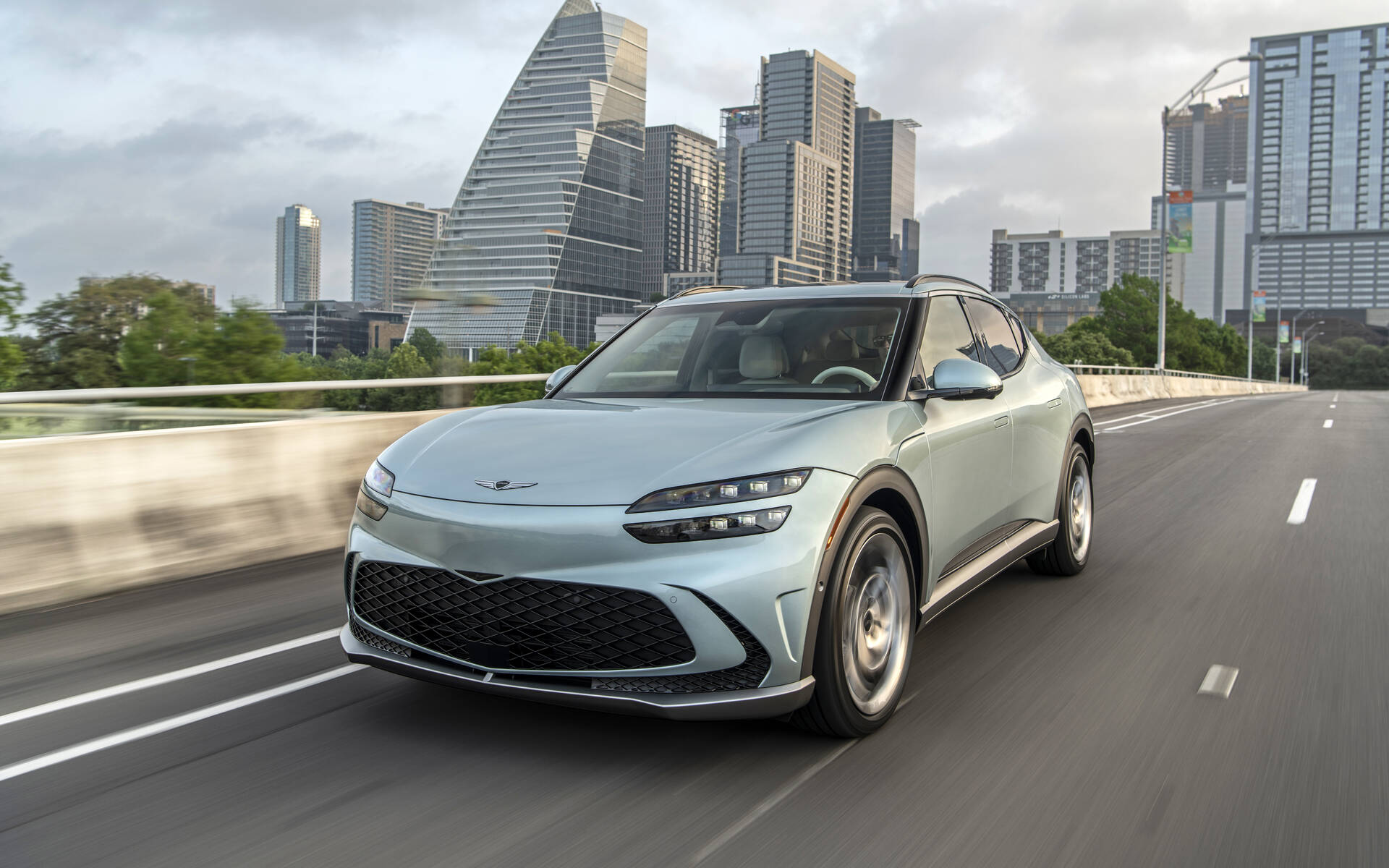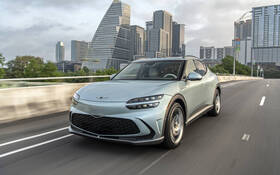EV Affordability Tops Charging and Range Concerns, New Study Shows
Potential electric car buyers are more concerned about the impact to their wallet than range anxiety or charging times, not only in North America but also globally, according to a new survey by S&P Global Mobility.
In other words: pricing is still very much the biggest barrier to EV adoption. The rising interest rates don’t help, either.
- Also: Study Reveals Some EV Batteries Cost as Much as a Brand New Car
- Also: Study: Reliability, Satisfaction with Tesla Superchargers Easily Trump Competition
Only 42% of respondents are considering an EV for their next vehicle purchase and 62% are waiting until the technology improves before purchasing a new vehicle, the survey found.
Almost half (48%) of the 7,500 respondents globally consider EV prices to be too high, even though they understand that most EVs inherently carry a price premium.
Meanwhile, improved range and the increased number of model choices have moved down their list of reasons to avoid purchasing an EV.

Charging concerns are second only to vehicle cost among reasons cited for those respondents against buying an EV. About 46% of respondents are concerned about the time required for charging, while 44% are concerned about the availability of charging stations.
"Consumers know (charging) will not be the standard gas station in-and-out experience," says Yanina Mills, senior technical research analyst at S&P Global Mobility. "But they don't want to delay for much more time than what would be a lunch break." Indeed, the plurality of 2023 survey respondents said they were willing to wait between 30 minutes and an hour to recharge.
And then there’s this surprising finding: while the industry's common refrain is, "Most EV owners will recharge at home," barely half of the early adopters surveyed (51%) have a charger installed at home.

Turns out, owners charge their vehicles in a wide variety of places, including streets, highways and during work. Among EV intenders, 25% plan to use public charging stations (15%).
“Multiple hurdles need to be cleared to achieve widespread EV adoption,” the S&P Global Mobility report notes. “Buyers may want to wait for the next technological advance, or have concerns about charging time and charger availability, but in the end, consumer finances—not engineering—lead the current buying resistance to EVs.”











